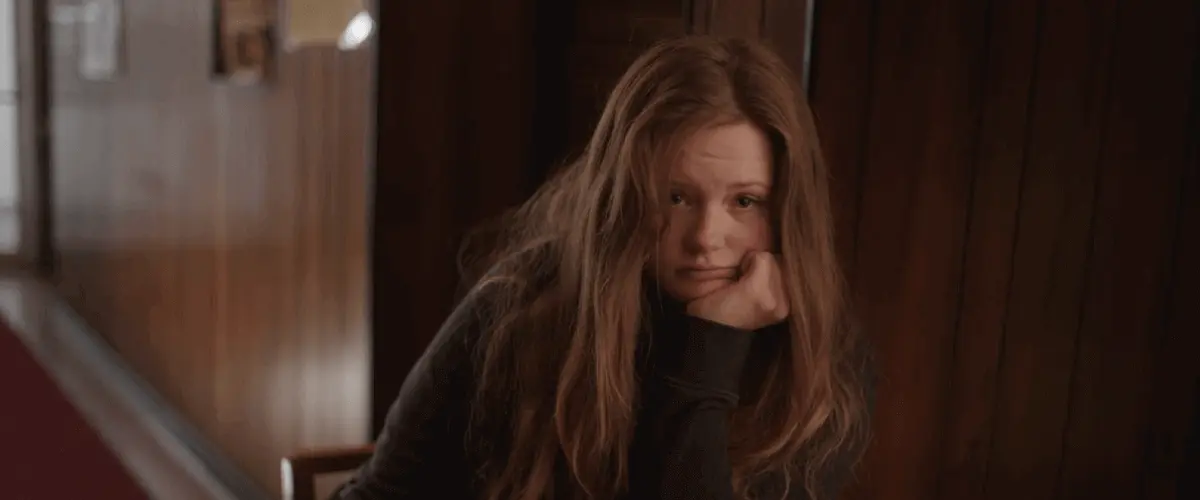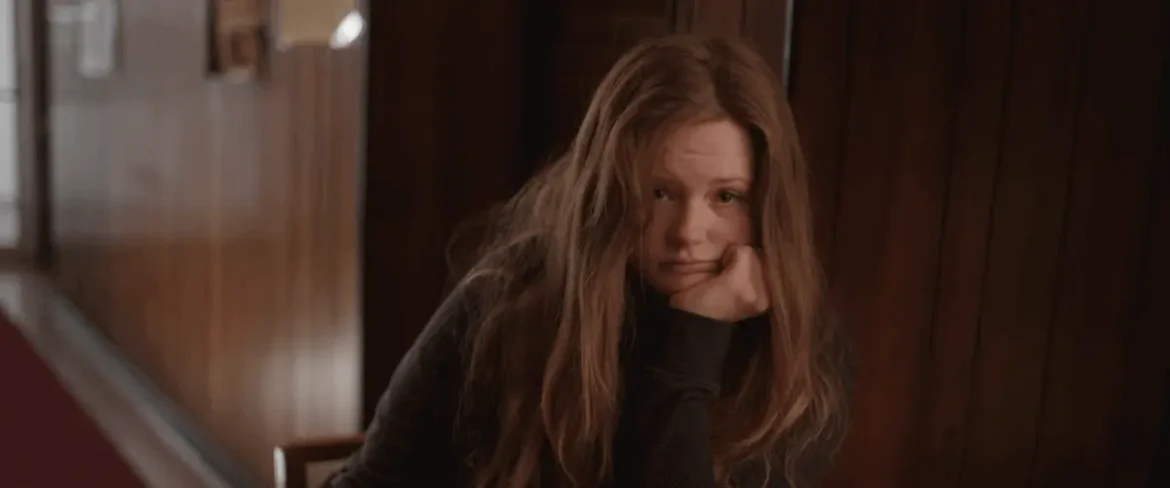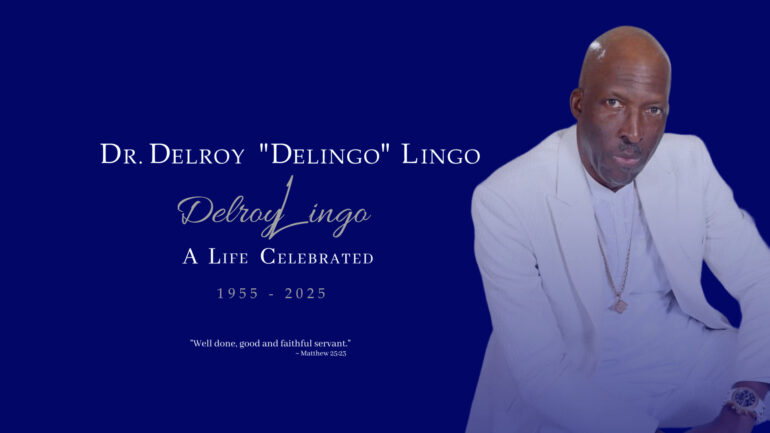Listeners:
Top listeners:
-
 play_arrow
play_arrow
Gospel Vibes Radio FM Igniting God's Glory Into The Atmosphere
“We’re all sick of something.”
It seems we live in a time marked by discontent. Each day some basic part of existence becomes more complicated and difficult, something new pops into frame that layers on anxiety, broken relationships tax us, sickness eats at us, politics discourage us, the financial and emotional costs of living weigh us down. Does any of that resonate with you? If it does, that means one of two things. Either this miraculously found the one person that feels this way, or (and we’re betting on this second option) it resonates because many of us share the experience. In a time of polarization and division, common ground is hard to find. What if we can find unity in our shared discontent?
This is not a new thought—we stole this one from Jesus. We noticed that a very strange mix of people would all flock together around him—tax collectors, sex workers, religious elite, fishermen, zealots, rich, poor, sick, healthy—on paper they had no business sitting together or getting along. But they all joined Jesus at the dinner table. Why? Our working theory is that they all shared one thing in common: they desperately wanted something about their lives to change. They were each sick of something.
And Jesus caught a lot of flack for sitting at a table with this mix of people, especially the part of the mix that others wouldn’t sit with. His response was so simple: “It is not the healthy but the sick who need a doctor.” And if you look at his life, Jesus played the role of doctor without hesitation at all times. He was always hanging out with people who felt sick whether it was with physical ailments or more hidden conditions affecting the heart and mind. And that got us thinking: what are we most sick of today, and what can we learn from Jesus that could maybe move us in the right direction?
To tackle the first part of the question, we sent out surveys and took a road trip across America and sat down with people to ask this question: what are you sick of? The responses made it clear: we are sick of a lot. You can take a look at the numbers here, but listen to these first hand responses:
I’m tired of being tired, I just want to be as active as I was 10 years ago.
I’m sick of chronic pain.
I’m sick of not being able to get a job that’s paying to train you, but companies don’t want to hire you if you have no experience.
I am sick of groceries being so expensive.
I am sick of divisive politics.
The gun violence around my house. I hear at least two shots everyday.
These are personal answers, but if you’re anything like us, as you read these, you start to see a bit of your own story in them, a piece of your own sickness, a piece of our collective sickness. And we think it’s fair to say we are sick, not only because we share the sentiment, but because this discontent affects our communities and relationships often as much as it affects us personally. So we might feel sick, but we’re sick together.
Where does that leave us? Well for starters, we’re in good company. If you feel sick, you are not alone, it seems that most of us do. And two, if you feel sick, then you are exactly the type of person Jesus sought out and exactly the kind of person he tailored his message for. How he lived and what he taught functions as a great model for how we can help each other respond to the things that are weighing us down.
We’ll end with this. Jesus knew people felt sick and he offered some help. He outlined a whole framework for a healthy kind of living, a way to fight the different sicknesses, in a speech now known as the Sermon on the Mount. We’ve talked about pieces of the framework before—pieces like “love your neighbor”, “love your enemy”, “do not judge” or “turn the other cheek”. But it’s how he ended the Sermon on the Mount that gives context to what this framework really does for us. He ended with a story about a man who builds a house on the sand and a man who builds a house on the rock. In this story, the rains come and streams rise on both houses, though only the house built on the rock survives the storm. A friend of ours, Ian Simkins, said it well, “Jesus is honest about the human condition. He doesn’t paint a flowery picture, suggesting that following him means life will become a walk in the park. The rain, wind, and floods will come. Hard times will come our way. We will encounter great, unexpected difficulties in our lives. The way of Jesus doesn’t lead you out of hardship, but through it.”
What are you sick of, and how could Jesus’ example help us move forward?
Scripture References: Mark 2:14-17, Matthew 7:24-27
Written by: pradm
Similar posts
Copyright © 2024 | Gospel Vibes Radio FM | All Rights Reserved















